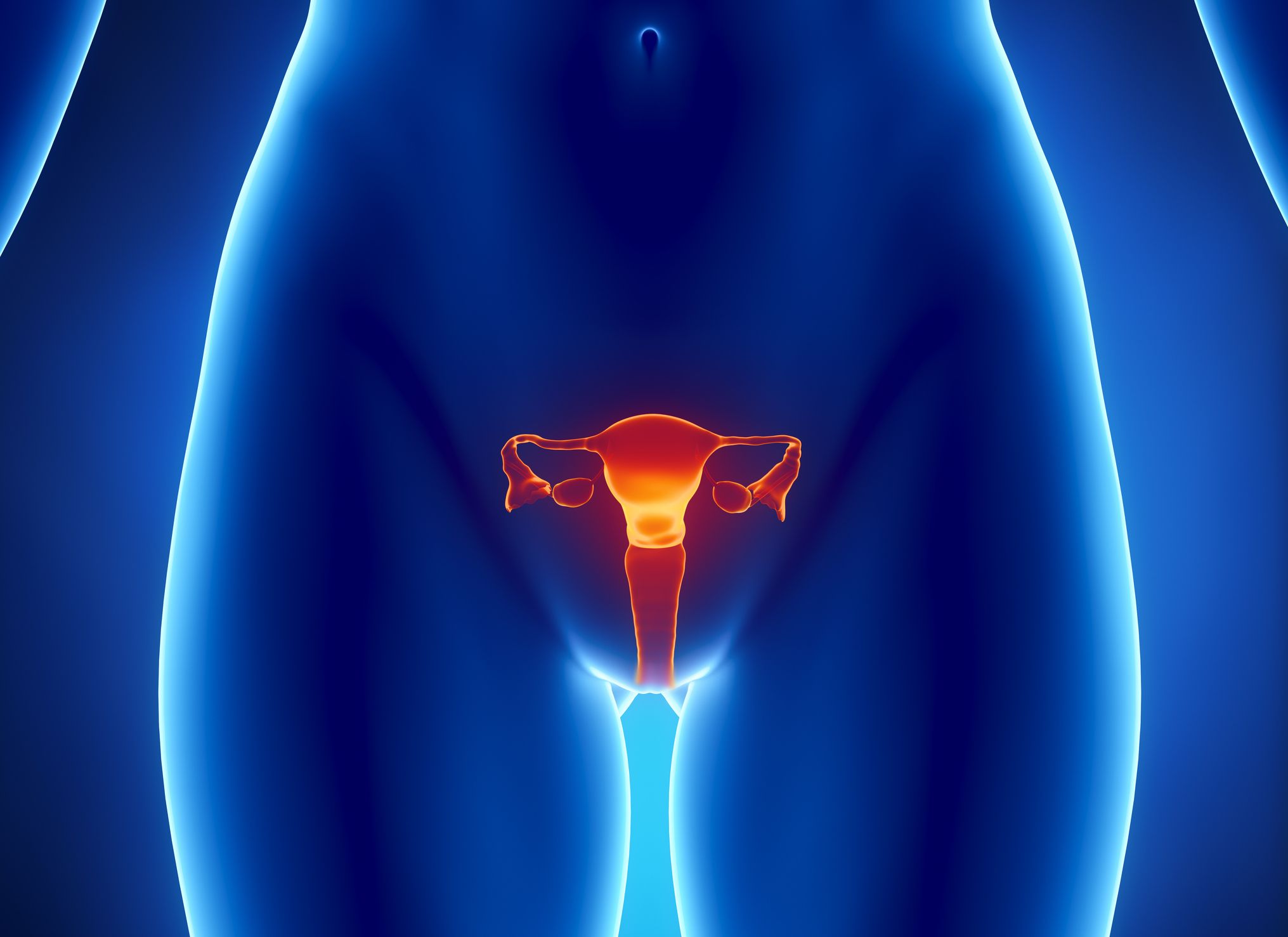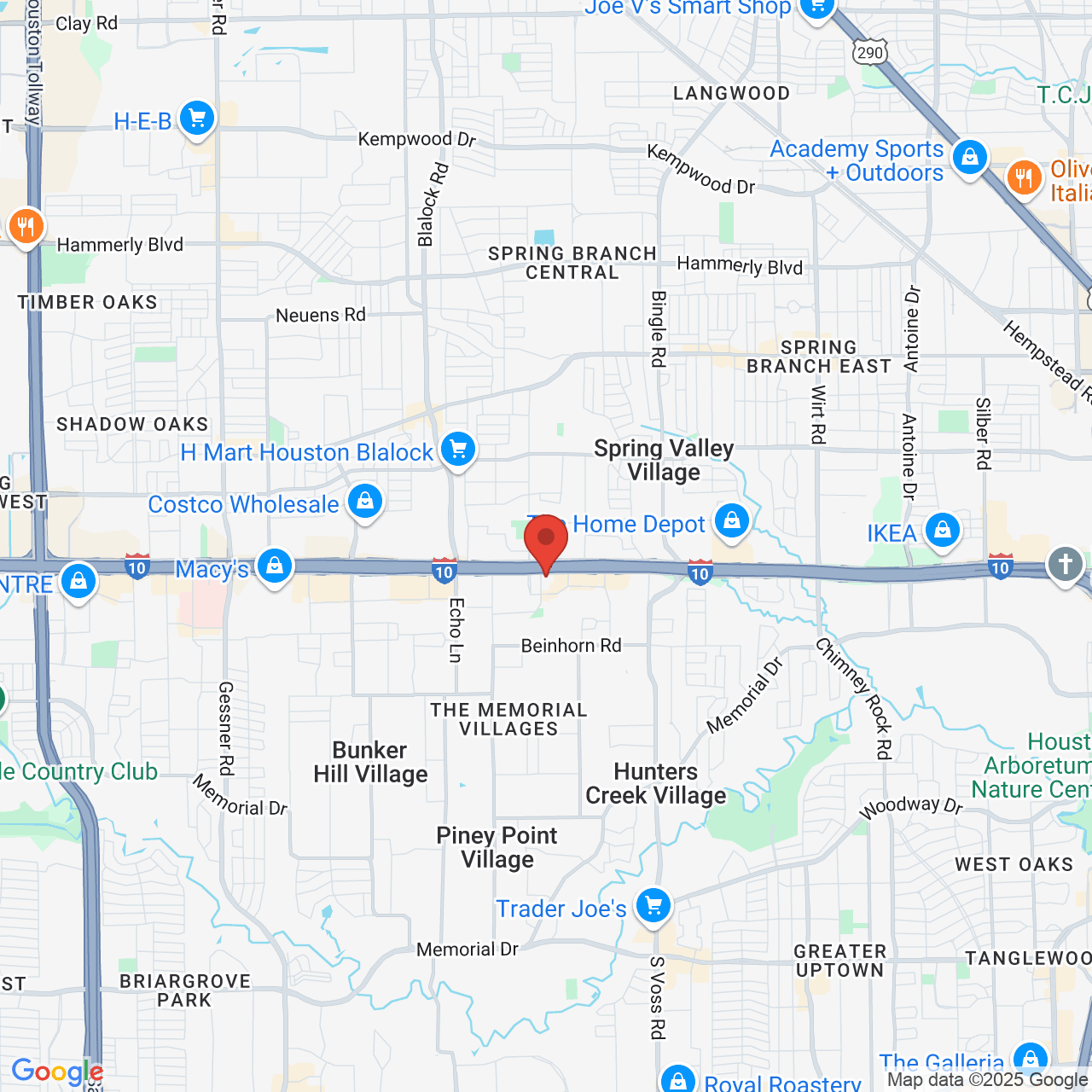Uterine Defects and Infertility Treatment
 Uterine defects such as position, malformation, or other issues can affect your chances of becoming pregnant. Most of the time, women are unaware there is an abnormality concerning their uterus, as many of these conditions are not painful.
Uterine defects such as position, malformation, or other issues can affect your chances of becoming pregnant. Most of the time, women are unaware there is an abnormality concerning their uterus, as many of these conditions are not painful.
Fortunately, at the Houston Fertility Clinic in Houston, TX, Dr. Sonja B. Kristiansen offers a number of infertility treatments, and is experienced in helping patients who suffer from uterine abnormalities.
Here, we discuss uterine defects and infertility treatment, and explore options that can help you through this phase in your life.
What Does a Typical Uterus Look Like?
Before we discuss various abnormalities, it is important to recall the basics of uterine anatomy. A typical uterus is 7.5 centimeters long, five centimeters wide, and 2.5 centimeters deep.
This hollow, pear-shaped organ has thick, muscular walls. The lower portion of the uterus is called the cervix, which typically dips slightly into the vagina. The upper section is referred to as the fundus, which is where the fertilized eggs mature into a fetus.
On either side of the uterus, two fallopian tubes are located in the upper portion, and are connected to the ovaries.
Types of Uterine Defects
Generally speaking, most uterine abnormalities do not prevent you from becoming pregnant. This is, of course, dependent on the type and severity of the defect. Listed below are several types of uterine defects, and how each one affects fertility:
- Agenesis: This rare defect occurs when the vagina is extremely short, or does not form properly. In these cases, the uterus may be very small, or it may not be present at all. Most people with this condition are aware they have it, since it is typically diagnosed when menses does not commence. The condition can be addressed aesthetically with surgery. However, women with agenesis will not be able to conceive.
- Uterus Didelphys: This condition occurs when the uterus has two different cavities. Often, each of these cavities leads to their own cervix and vagina. Women with uterus didelphys can typically conceive and enjoy an uncomplicated pregnancy.
- Unicornuate Uterus: Women with this condition have a uterus that is half the size of a normal one. With only one fallopian tube, this abnormality is usually described as having one “horn”. Most women with this defect have two ovaries. However, only one will be connected to the uterus. If the developed portions of the uterus are healthy, it is possible to conceive and experience a normal pregnancy. This condition does slightly increase the chance of miscarriage.
- Bicornuate Uterus: Rather than having a pear-shape, this type of defect is characterized by a heart shape, with a significant indentation at the top of the uterus. This condition should not have an impact on fertility. However, women with a bicornuate uterus have an increased risk of miscarriage.
- Septate Uterus: Approximately one in 45 women have this condition. This defect is characterized by a fibrous wall located in the center of the uterus, partially or completely dividing it into two sections. This condition does not prevent fertility, but it can make it more difficult for you to conceive. A septate uterus may also increase your risk of miscarriage.
- Arcuate Uterus: The most common defect, an arcuate uterus is indicated by a slight dip at the top of the organ. Approximately one out of 25 women have this condition. An arcuate uterus does not typically affect the ability to conceive, and it should have no negative impact on your pregnancy.
Treating Uterine Defects
Not all uterine defects require treatment. However, certain conditions can be treated through surgical techniques. Each patient is entirely unique. Therefore, treatment can vary significantly for every individual.
Learn More about Uterine Defects and Fertility
To explore your options in fertility, schedule a consultation with Dr. Kristiansen. You can call one of our office locations, or contact us online anytime.


